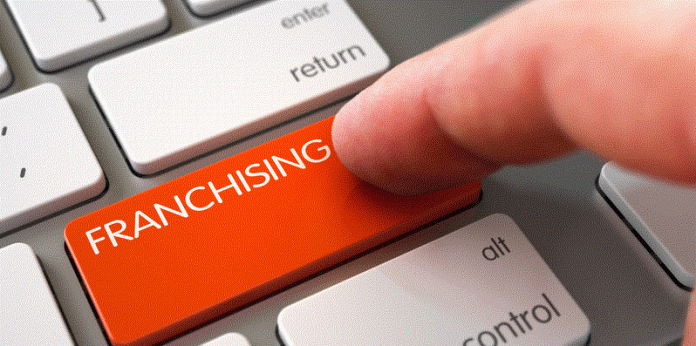Many people dream of starting their own business. They think it’s just a matter of providing a service they are good at.
For example, Tom is a good cook. All his friends tell him how brilliant his cooking is and how he should open a restaurant. Tom thinks that’s a brilliant idea.
But setting up a business is not that easy. What are the laws governing the sale of your product? Are there Health and safety rules you have to follow? What kind of competition do you face?
What about Customs and Excise regulations? (E.g. if Tom buys a kilo bag of peas, how many meals will he serve with that kilo bag? Customs and Excise will know the answer precisely.
So, Tom can’t have different members of staff placing what they think is a reasonable amount of peas on a plate.)
There are many things that Tom needs to know and to learn. A Franchise could be his answer because they will (should) have done all the research for him and they will provide complete training in every aspect of the business.
Agreeing to buy into a franchise usually means you are buying into a well-known and respected ‘named’ company.
The parent company will want to protest their name by ensuring you do everything their (tried and tested) way. There will be little or no room for individualization.
Buying into an internationally recognized company such as Domino’s or Burger King will mean that you will be told precisely how to produce the food.
But if you buy into a local company which has several existing franchisees, you need to know what to look for to ensure you make a profit.
When you approach any franchise they will tell you how marvelous they are and they are better than the rest.
FIRST CLUE:
Approach at least three franchises in your chosen area. Closely compare the similarities and the differences. Each will charge a fee to buy into their franchise.
SECOND CLUE:
How much will they charge upfront? Do they then take a percentage of your ‘takings’ or ‘profits’? What are you paying for?
Do you pay extra for logos, printed publicity materials, uniforms required to be worn by staff?
What support will they offer you before startup?
THIRD CLUE:
Will they help you assess your likely profitability in the area you want to set up your franchise?
Will they help you find suitable premises/negotiate a reasonable rent? Do they have materials available for the local council if it’s required?
What support will they offer on start-up?
FOURTH CLUE:
Will they help prepare the launch, and will they be there to answer any questions? Do they have ready-made press releases and advertisements?
If your local council requires you submit policies and procedures before placing you on a ‘preferred providers’ list, do they have these?
What training do they provide for you and your staff?
FIFTH CLUE:
Do they have a dedicated training program? Does this cost extra? How much should you charge for your service and how much should you pay your staff?
SIXTH CLUE:
Have they done (or helped you to do) some local research to determine the best price for your product, number of staff you will need and sufficient remuneration for them – and you.
Are you an accountant? Once you set up your business you will have to account for every penny you spend and make. You don’t want to waste too much by paying too much in taxes.
SEVENTH CLUE:
What help can your franchisor provide in helping you find a good accountant. You may have to interview a few accountants – what help will you get in knowing the right questions to ask?
Many local companies feel that once they have set up three or four successful operations in their own area they can make much more money by helping others do the same. They create a franchise. But not all franchise companies are equal.
It is incumbent on you to do some research. How long have they been in business? What relevant qualifications does their head office staff possess? Are these qualifications relevant to the franchise?
Have they expanded beyond their immediate area? Are they willing to give you a list of every franchisee so that you can phone them or visit them and get their honest opinions about the company?
Having a franchise means you can fulfill your dreams of providing a service you love – but there will be some restrictions to your autonomy – you will not be able to run the business you want to.
But then, you may not make a profit unless you know every aspect of business inside out and it’s useful to have some experts on hand to help you.

